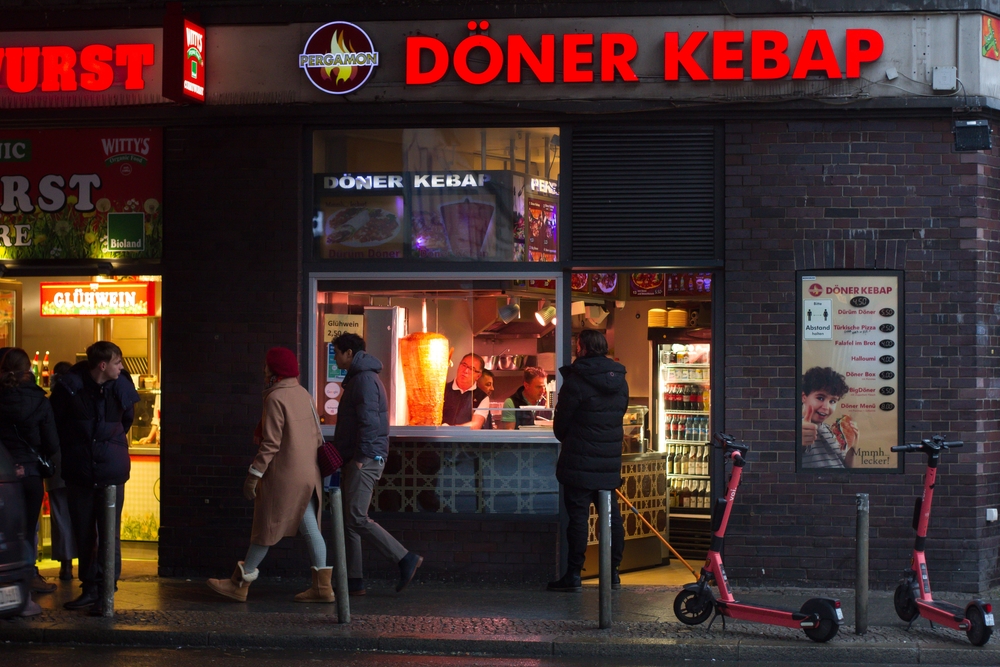The Christian Democratic Union (CDU) council group in Wesel, North Rhine-Westphalia, has introduced a motion to cap the number of kebab shops and Turkish barbers in the city center.
With traditional retail in decline, vacant stores on high streets across Germany have been taken over by service-led businesses, including cell phone stores, barbershops, and over 18,000 kebab shops. The proposal, expected to have first been discussed at a council meeting on Wednesday, expressed concern over their impact on the city.
“We fear that too many of the same shops will have a negative impact on the development of the retail structure in the city center and would therefore like to have suitable control options,” stated Jürgen Linz, leader of the CDU parliamentary group, as cited by Bild.
Public discussions and social media have echoed these concerns, with criticism mounting over the proliferation of such shops in the city of 60,000 residents.
The proposal draws inspiration from a similar initiative in Heilbronn, Baden-Württemberg, where a legal report by PricewaterhouseCoopers (PwC) indicated that municipalities could legally regulate retail and restaurant composition. However, Heilbronn’s initiative ultimately failed to gain majority support.
The Wesel CDU hopes for a different outcome. “That’s why we would like the administration to examine whether PwC’s legal opinion can also be applied in Wesel,” Linz added in the motion.
The city has been led by a Social Democrat (SPD) mayor since 2009, and the CDU plan is unlikely to pass, particularly with the co-governing SPD voicing strong opposition.
Its local parliamentary group called the proposed restrictions “legally questionable and economically damaging.” In a statement, the party argued there is no concrete evidence that such businesses harm downtown development.
The issue of Turkish barbershops, in particular, has also been a bone of contention in other European nations, most recently in the U.K. general election campaign.
Former Reform U.K. leader Richard Tice suggested the rising number of such establishments was linked to money laundering and criminal enterprises. “Are we being ripped off? Turns out that many are just fronts for money laundering profits for the ever-growing drugs trade,” Tice claimed during a campaign speech earlier this year, accusing local authorities of inaction due to fear or incompetence.






